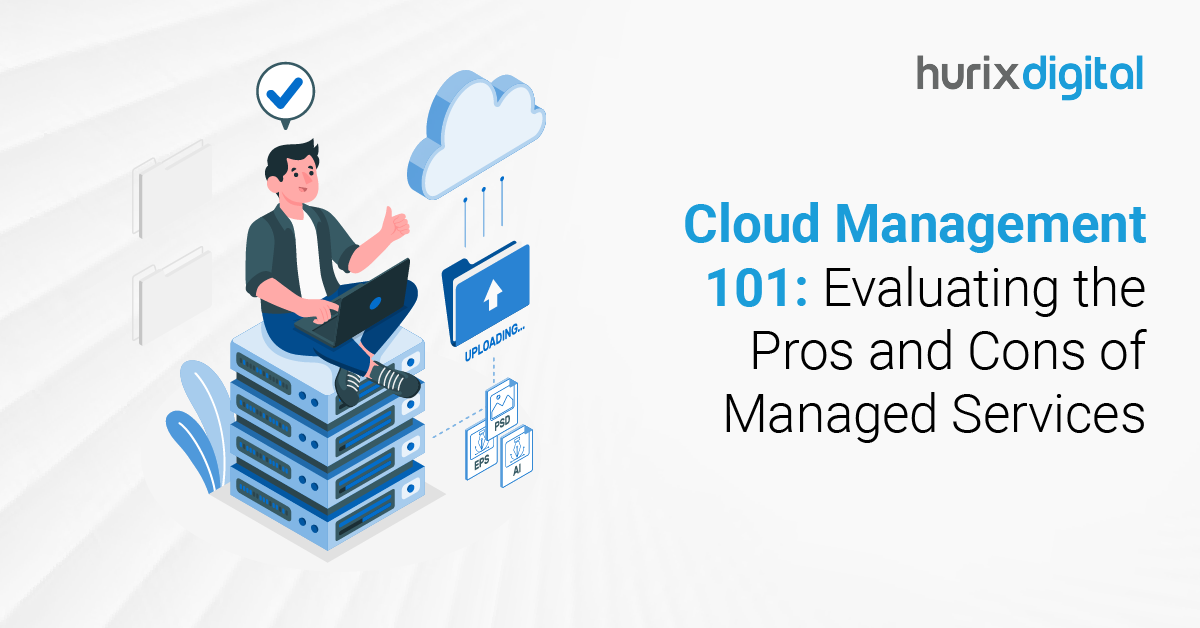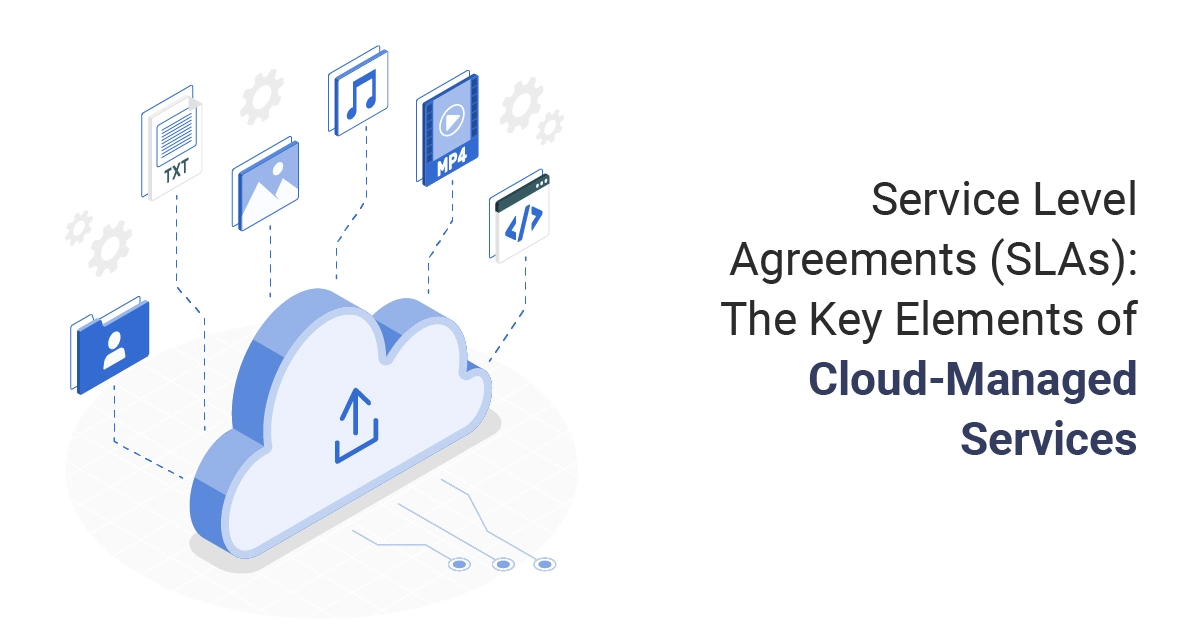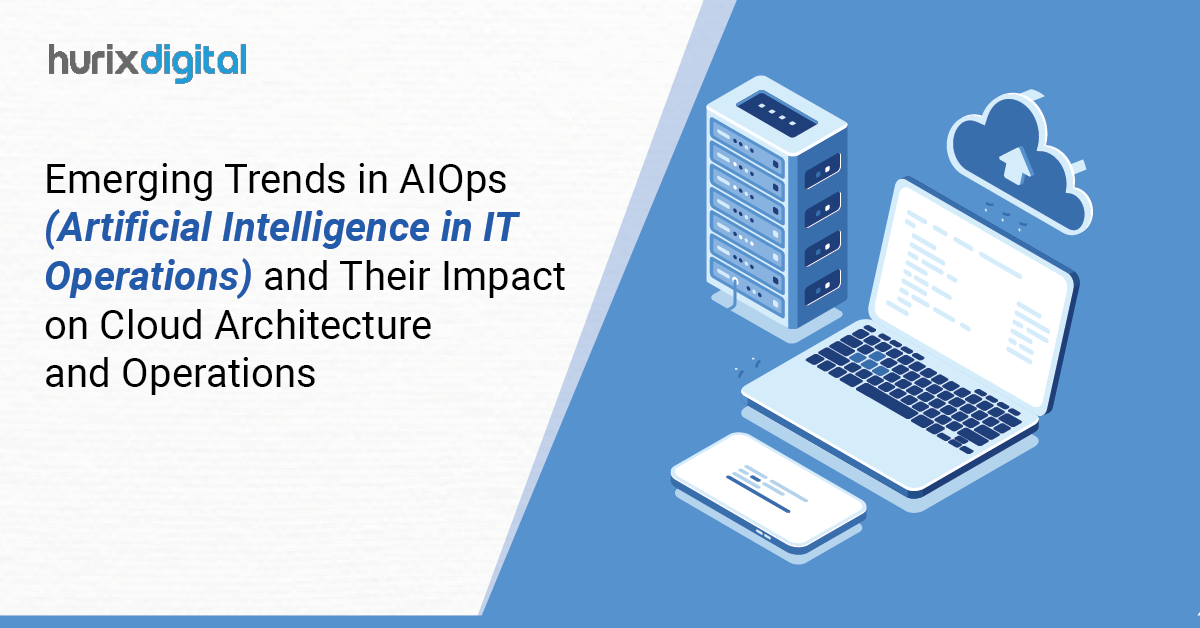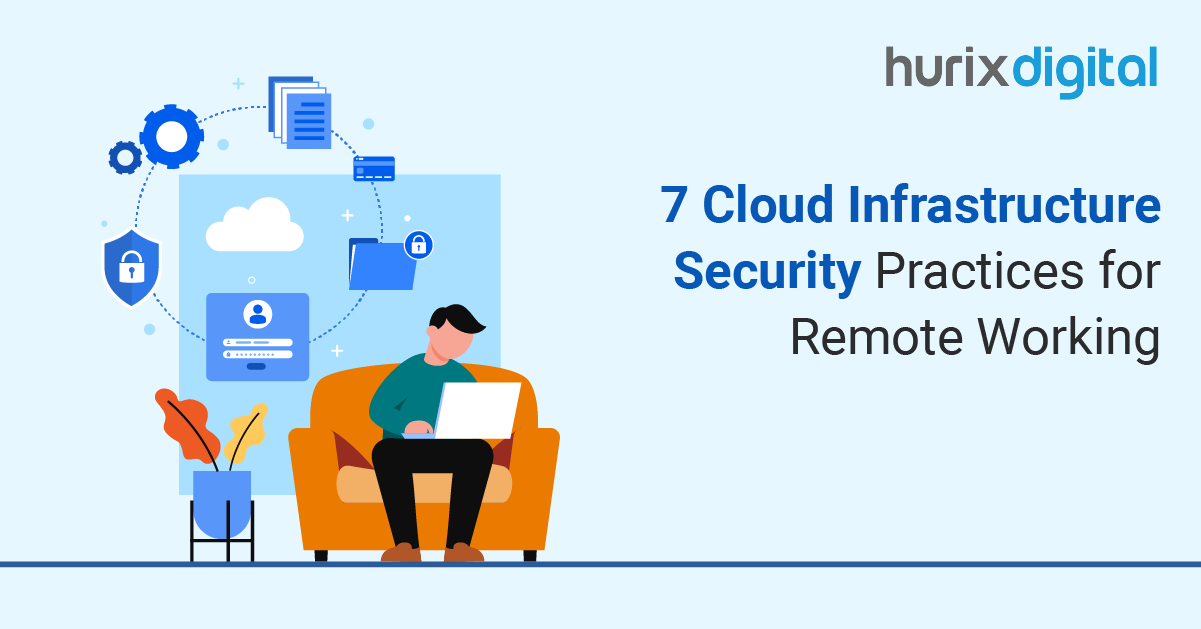
Cloud Management 101: Evaluating the Pros and Cons of Managed Services
Summarize with:
Cloud computing has radically changed the modern IT landscape, with its influence felt across the entire information technology spectrum. The market for cloud applications has exceeded $150 billion, and it is predicted that 200 zettabytes of data will be entrusted to the cloud by 2025.
Nonetheless, successful management requires effectively utilizing the cloud’s potential. This is where cloud management emerges as a critical discipline. It not only ensures efficient utilization of cloud resources but also optimizes operational workflows and enhances scalability and security measures.
This article explores cloud management, its core principles, and the advantages and disadvantages of employing Managed Cloud Services. Read on!
Table of Contents:
- What is Cloud Management?
- Exploring Cloud Managed Services
- Advantages of Managed Cloud Services
- Challenges of Managed Cloud Services
- To Wrap Up
What is Cloud Management?
Fundamentally, cloud management involves coordinating procedures, tactics, and technological frameworks designed to efficiently utilize and oversee cloud-based resources across public, private, hybrid, or multi-cloud environments.
At the core of cloud management lies the goal of transforming businesses by enabling them to extract the most value from their cloud infrastructure through enhanced profitability and efficiency.
A multifaceted strategy that consists of the following is used to achieve this:
1. Monitoring and Assessment of Resources
One aspect of cloud management is the ongoing observation of how cloud resources are used. After that, this data is carefully examined to create a baseline for resource usage and related expenses.
2. Informed Workload Placement
One of the most important aspects of cloud management is the thoughtful allocation of workloads among various cloud environments (public, private, or hybrid). In fact, 81% of company leaders gravitate towards user-friendly and managed cloud solutions when selecting a provider.
This decision-making process ensures that resources are allocated as effectively and efficiently as possible by using data from resource monitoring.
3. Security and Compliance Management
Cloud security is paramount. Cloud management incorporates robust security protocols to safeguard sensitive data and ensure adherence to relevant industry regulations.
The role of IT project managers, in this regard, is pivotal. They are responsible for orchestrating the various components of cloud management, ensuring that all processes align with the organization’s goals. This includes overseeing the deployment of cloud resources, managing vendor relationships, ensuring compliance with security standards, and continually optimizing cloud performance and cost efficiency.
Their expertise is crucial in navigating the complexities of cloud environments and making strategic decisions leveraging the full potential of managed cloud services.
Also Read: What are Cloud-Managed Services and Why Your Business Needs Them?
Exploring Cloud Managed Services
Businesses increasingly turn to managed cloud services in their relentless pursuit of optimal cloud infrastructure utilization. 60% of the world’s corporate data now resides in the cloud, emphasizing the widespread adoption of cloud technologies.
These services provide a holistic approach to cloud management, empowering organizations to maximize the value of their cloud investments.
With managed cloud services, maintenance of the cloud infrastructure is outsourced to a specialized third-party provider known as a Managed Cloud Service Provider (MCSP).
Thanks to this delegation, a group of dedicated specialists and IT managers successfully assumes the responsibility of cloud management from internal IT teams. This delegation covers a wide range of technical duties. This way, they ensure seamless operation of cloud infrastructure, proactive monitoring, continuous optimization, and adherence to stringent security protocols, all aimed at delivering reliable and scalable cloud solutions tailored to organizational needs.
Advantages of Managed Cloud Services
Let us explore the primary cloud service benefits organizations can reap by leveraging MCS:
1. Improved Productivity and Streamlined Processes
A key benefit of MCS is its capacity to enhance resource allocation and simplify cloud infrastructure management. MCS suppliers have the knowledge and resources to streamline regular duties like patching, updates, and maintenance.
This optimization translates to a significant benefit, as internal IT teams can dedicate their expertise to driving core business initiatives and developing innovative solutions.
2. Cloud Updates and Patch Management
It is critical to keep your cloud environment safe and current. Essential software upgrades and security patches are applied to the client’s cloud infrastructure by MCPs. This guarantees that the system stays up-to-date, is secure from vulnerabilities, and follows recommended procedures.
3. Proactive Monitoring
Managed cloud service providers constantly monitor their clients’ cloud environments.
This involves recognizing possible performance barriers, security weaknesses, and other concerns before they impact crucial operations.
Managed cloud services maintain optimum performance and stability for clients’ cloud infrastructure by proactively practicing maintenance and reducing downtime.
4. Cost Optimization and Predictable Spending
While MCS has initial costs, it can often result in significant cost savings over time.
MCS providers may assist businesses in allocating their cloud resources as efficiently as possible, cutting out wasteful spending and guaranteeing that they only pay for the resources they use. It can involve scaling resources up or down dynamically based on real-time requirements. Additionally, many MCS providers offer tiered subscription plans, fostering predictable and manageable cloud-related expenses.
5. Improved Security Posture
Cloud security is of the utmost importance for companies of any size. MCS provides a robust security framework by integrating top-notch industry standards and advanced security protocols.
Managed cloud service providers offer knowledge of how to put strong security measures in place, protect confidential information, and stay in line with industry rules.
These protocols include proactive intrusion detection, vulnerability management, and ongoing security monitoring, ensuring the protection of your cloud environment against cyberattacks and data breaches.
Challenges of Managed Cloud Services
Although Managed Cloud Services present a tempting array of benefits, it is vital to recognize that these services are not without drawbacks. Having a thorough grasp of these possible issues with managed cloud services enables businesses to decide on their cloud management plan with knowledge.
Here, we examine a few of the crucial factors:
1. Sacrificing Control and Customization
Delegating cloud management to a Managed Cloud Services provider involves a compromise. On one hand, it liberates internal IT resources, enabling them to concentrate on other tasks.
However, this comes at the cost of some control over the cloud environment’s customization. Organizations with highly specialized workflows or sensitive data considerations may find this lack of granular control a significant drawback.
2. Possibility of Higher Costs
Although MCS can result in long-term cost reductions, there may be significant setup and ongoing service expenses.
Moreover, the price schemes offered by MCS suppliers may be intricate, possibly involving unstated charges that increase as an organization’s requirements change. A comprehensive cost-benefit analysis is essential to ascertain if the organization’s budget and the long-term financial effects of implementing MCS are in line.
3. Dependency on the Provider
MCS inherently places some reliance on the service provider. The provider’s experience, dependability, and responsiveness are essential for an organization to maintain a healthy cloud environment.
An organization’s operations may suffer from service interruptions or provider problems. This risk can be reduced by choosing a reliable MCS provider with a strong track record and service level agreements (SLAs).
4. Security Concerns
While reputable Managed Cloud Services providers implement strong security protocols, entrusting sensitive information and operations to an external entity introduces inherent risks. Unauthorized access or data breaches can lead to severe consequences.
Organizations must rigorously assess the provider’s security measures, compliance certifications, and data encryption practices to mitigate these risks. Ensuring the MCS provider prioritizes data security as highly as the organization itself is crucial in this evaluation process.
Also Read: Top 10 Cloud Management Tools for Your Business
To Wrap Up
Having comprehensively analyzed cloud management pros and cons, organizations can leverage the knowledge they need to make strategic choices. These choices will directly address their specific cloud management requirements and contribute to achieving their long-term business objectives.
At Hurix Digital, we diligently monitor your entire technology stack to identify and address potential issues before they disrupt your cloud operations.
Our experts ensure seamless change management, implementing updates and upgrades with minimal disruption. Our cloud maintenance services manage your technology lifecycle, keeping every component of your cloud environment optimized and aligned with the market landscape.
Summarize with:

Vice President and Strategic Business Unit Head – Cloud Services
A top technology management voice on LinkedIn with 20 Years of experience in Information Technology, Cloud Services, Digital Transformation, Application Modernization, Managed Services, IT Security Engineering and Operations Management. An avid technology Leader, Leadership Speaker, Author & Coach.
 A Space for Thoughtful
A Space for Thoughtful 




